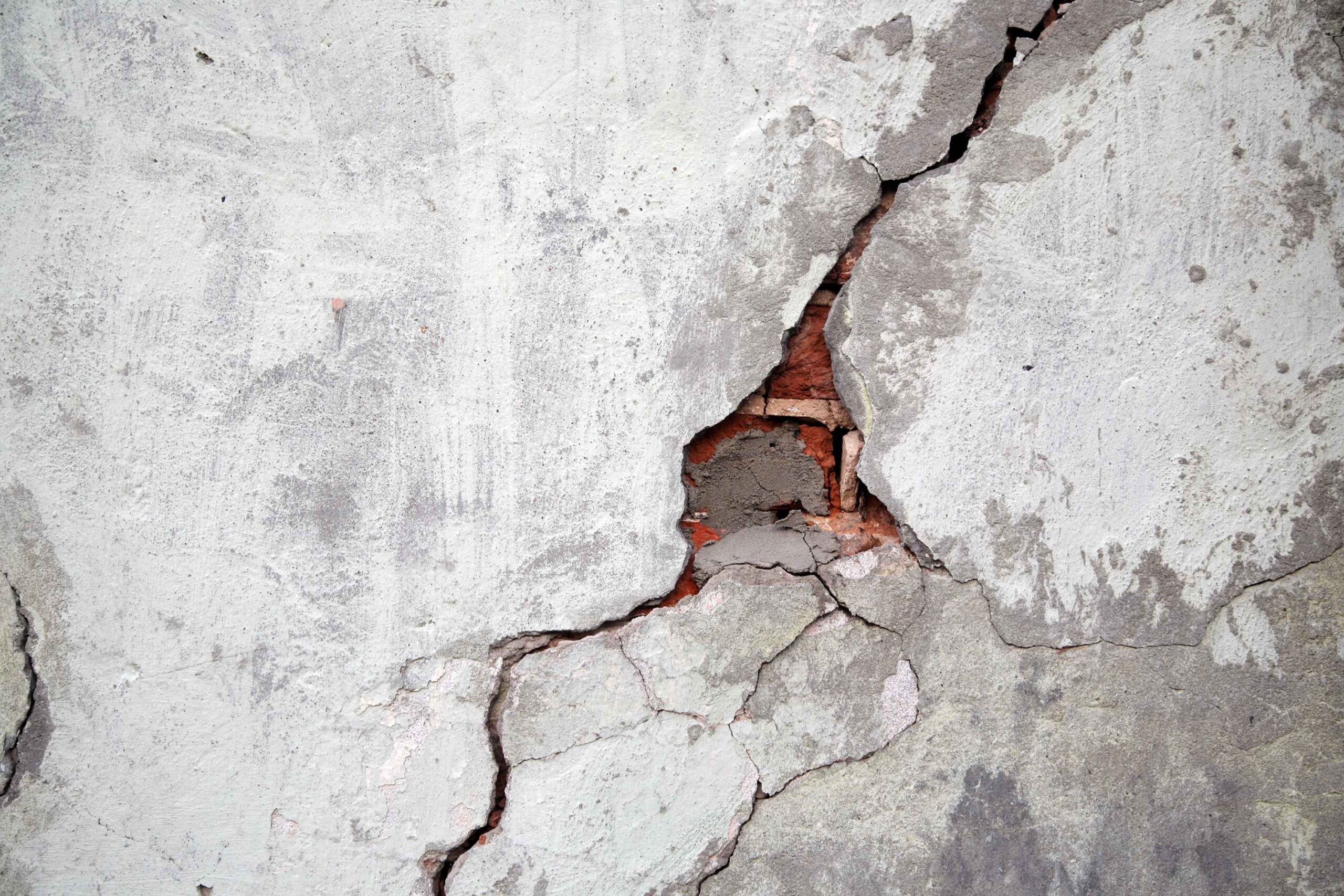
The Great Irony of Rebar Rusting in Concrete
If you’re a bridge maintenance professional, you know the meaning of irony. You know that installing rebar in concrete to reinforce it is one of the most important steps in building bridges, yet ironically, it can also lead to corrosion and concrete spalling. So what gives? Why does rebar rust in concrete?
It’s All About the Water (and Oxygen)
As with so many other things in life, it all comes down to water. But before we get into why water makes your rebar rust, let’s back up for a second and review what happens when you pour concrete. When concrete is first poured, it will often contain some moisture from the surrounding environment. This moisture slowly evaporates over time as the concrete cures and hardens. During this curing process, tiny air bubbles are created which provide pathways for oxygen molecules to enter the concrete matrix. And here’s where things get interesting…
The Rebar Rusting Process
When rebar is exposed to oxygen and water (or moisture) at the same time, an electrolytic reaction takes place. This reaction causes electrons to move from the steel rebar to the oxygen atoms in the air/water mixture. These electrons then form a thin layer of oxidation on top of the steel which turns it red—aka rust! The rust layer actually helps protect against further corrosion by forming a barrier between the steel and its environment but unfortunately this protection is only temporary since oxygen and water will eventually break down even this layer of protection and start eating away at your precious rebar once again.
The Problem With Chlorides
Chloride ions are another major problem when it comes to rebar corrosion and rusting in concrete structures. Chloride ions are found naturally in sea water, and they also end up in your concrete when using de-icing salts like calcium chloride or sodium chloride in winter months. When these chlorides come into contact with wet steel (like your rebar), they can cause rapid corrosion which expands the size of the rebar and causes the surrounding concrete to crack and spall.
Conclusion
In short, rebar installed into concrete bridges means there is potential for corrosion due to exposure from oxygen and/or water as well as chlorides from de-icing salts or salt water. Fortunately, there are ways to protect against this kind of damage including coatings like Phoscrete Endure applied onto the concrete to help create an environment that discourages oxidation and helps prevent future corrosion issues down the line! And when concrete spalls due to rust, repair materials like Phoscrete MPC concretes fix broken concrete fast, stop rust on contact, and protect against future corrosion. Bridge maintenance professionals take note!
